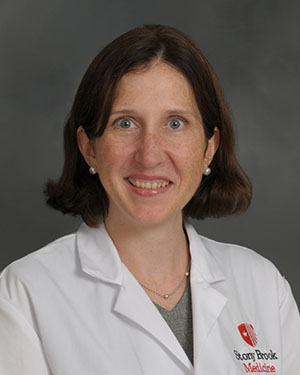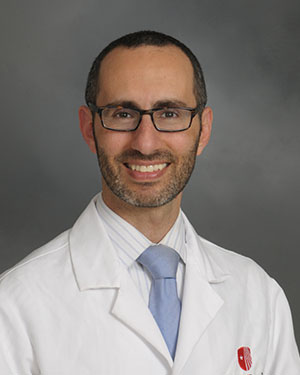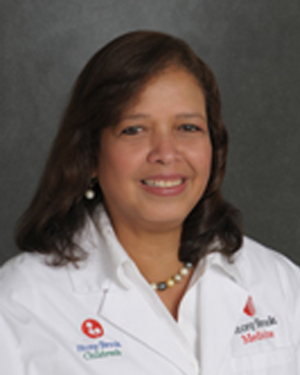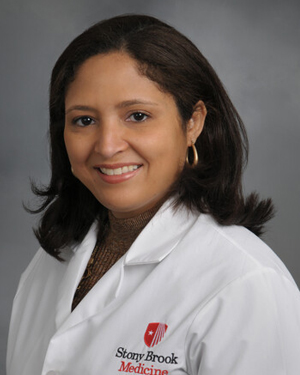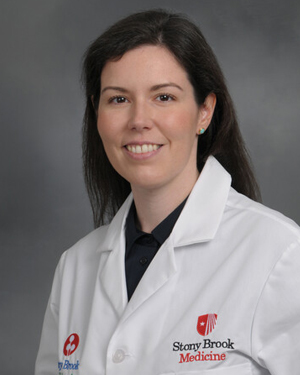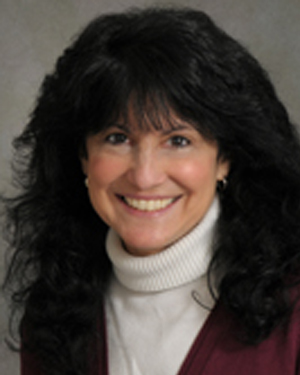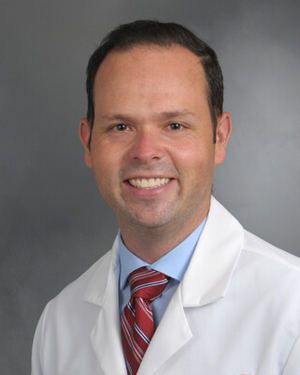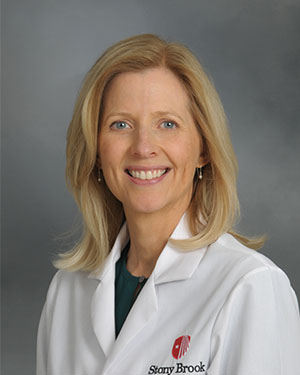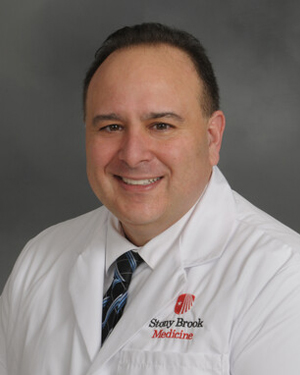Navigation Parkinson’s and Movement Disorders Center
TAA Center of Excellence for Tourette Syndrome and Tic Disorders
Our Stony Brook TAA Center of Excellence for Tourette Syndrome and Tic Disorders is the only Tourette Association of America (TAA)-designated center of excellence on Long Island. Led by Director, Carine Maurer, MD, PhD, and Co-Director, Dodie Gillett, PhD, it is one of only 23 such centers in the country.
This important designation reflects our ability to provide timely, coordinated, multidisciplinary care to individuals of all ages with Tourette syndrome and other tic disorders. We also serve as a resource to local healthcare professionals by providing training and education, and we advocate for individuals in our local community.
In addition to the information provided below, we invite you to watch our livestream video, "A Conversation about Tics and Tourette's."
What are Tics?
Tics are sudden, rapid, recurrent involuntary movements or sounds that typically begin during childhood — often around the ages of four to six. Occasional or isolated tics are common among school-aged children, with about 15 percent of children experiencing tics at some point.
When multiple tics are present for more than a year, it’s considered a chronic tic disorder. Though less common, chronic tic disorder may impact both children as well as adults, and can cause significant distress and other impairments.
What is Tourette Syndrome?
Tourette syndrome is a type of tic disorder in which multiple motor tics and at least one vocal tic persist for at least 12 months. Motor tics often begin in the head and neck area, and can include eye blinking, nose movements, grimacing and shoulder shrugging. However, any part of the body can be involved, including the arms and the legs. Verbal tics can range from sniffing and throat-clearing to repeating syllables, words or sentences.
People with chronic tic disorders, such as Tourette syndrome, may also have obsessive compulsive disorder (OCD) or OCD-like symptoms. These can include needing to touch objects in a particular way, or performing actions repeatedly until a sense of peace is obtained.
Attention-deficit/hyperactivity disorder (ADD/ADHD) is also common in people with tic disorders. Anxiety or mood symptoms, autism, and/or social or learning problems may also be present.
What are Acute Onset Functional Tics?
Tics can also occur as part of a functional neurological disorder (FND), in which case they are referred to as ‘functional tics.'
Treatment Approaches
Treatment varies from person to person. At the Stony Brook TAA Center of Excellence for Tourette Syndrome and Tic Disorders, we provide a comprehensive evaluation to devise a developmentally appropriate treatment plan to address tics that interfere with one’s life.
Depending on your condition, treatment may include:
- Medication
- Behavioral therapies
- Surgery for more severe cases
Your tailored treatment plan may include:
- Education about tics and Tourette syndrome
- Management of neurological symptoms using medication
- Comprehensive Behavioral Intervention for Tics (CBIT)
- Botulinum toxin injections
- Management of co-occurring disorders such as:
- Mild to moderate obsessive-compulsive disorder
- Attention-deficit/ hyperactive disorder
- Mood disorders
- Anxiety
- Depression
- Behavioral concerns
- Learning disorders
Our Team
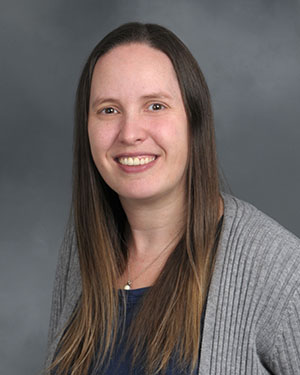
Contact Us
For more information about our Stony Brook TAA Center of Excellence for Tourette Syndrome and Tic Disorders, call Erin Harabes, LMHC, at (631) 444-3448.
